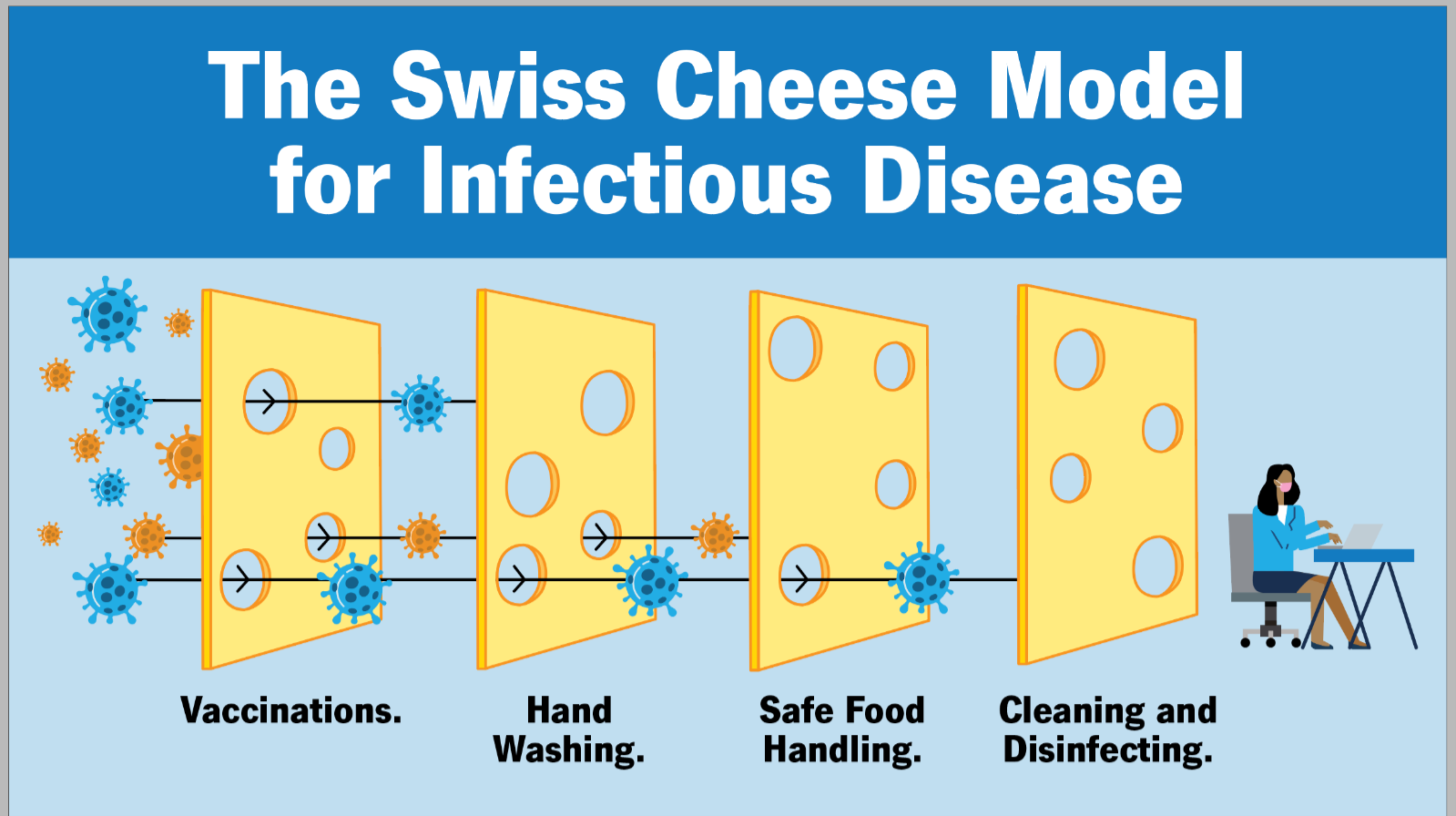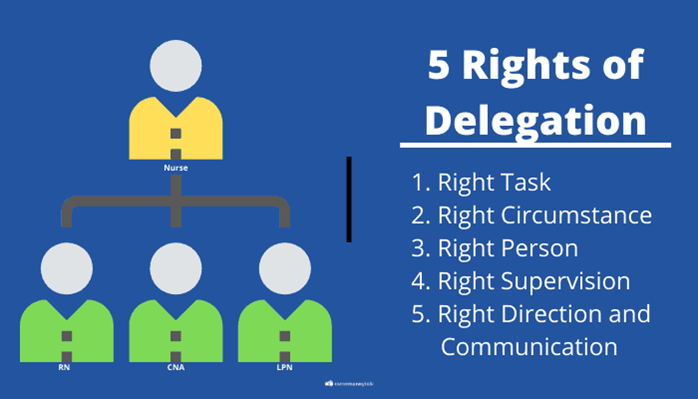An emergency room nurse is performing secondary triage on clients transported from the scene of a chemical spill. After caring for the clients, the EMS workers complained of nausea and dizziness. Which immediate interventions need to be taken by the triage nurse? SELECT ALL THAT APPLY
Continue with the triage process.
Evacuate the emergency department.
Place the client in a private room.
Treat the client after contaminated items are removed.
Send the client and EMS crew to decontamination.
Correct Answer : B,E
Choice A reason: Continuing with the triage process is not an immediate intervention that needs to be taken by the triage nurse, as it may expose more people to the chemical hazard and worsen the situation. The triage nurse should stop the triage process and alert the emergency department staff and management about the potential contamination. The triage nurse should also follow the facility's emergency preparedness plan and protocols for dealing with chemical spills.
Choice B reason: Evacuating the emergency department is an immediate intervention that needs to be taken by the triage nurse, as it helps to protect the safety and health of the staff, clients, and visitors. The triage nurse should assist with evacuating everyone from the emergency department to a safe and designated area, away from the source of contamination. The triage nurse should also ensure that everyone is accounted for and that no one re-enters the emergency department until it is cleared by the authorities.
Choice C reason: Placing the client in a private room is not an immediate intervention that needs to be taken by the triage nurse, as it may not prevent the spread of contamination or provide adequate care to the client. The client who have been exposed to a chemical spill should not be moved to another area of the facility, as they may contaminate other people or surfaces along the way. The client should be kept in a separate and isolated area until they are decontaminated and assessed.
Choice D reason: Treating the client after contaminated items are removed is not an immediate intervention that needs to be taken by the triage nurse, as it may delay or compromise the care of the client. The client who has been exposed to a chemical spill should be treated as soon as possible, as some chemicals can cause serious or irreversible damage to the skin, eyes, lungs, or other organs. The triage nurse should provide basic life support measures, such as airway management, oxygen therapy, or bleeding control while wearing appropriate personal protective equipment (PPE). The triage nurse should also remove any contaminated clothing or jewelry from the client and place them in a sealed bag.
Choice E reason: Sending the client and EMS crew to decontamination is an immediate intervention that needs to be taken by the triage nurse, as it helps to remove or neutralize any harmful chemicals from their skin, hair, or clothing. The triage nurse should direct or escort the client and EMS crew to a designated decontamination area or unit, where they will undergo a thorough washing process with water and soap or other solutions. The triage nurse should also monitor their vital signs and symptoms during and after decontamination.
Nursing Test Bank
Naxlex Comprehensive Predictor Exams
Related Questions
Correct Answer is B
Explanation
Choice A reason: Advances in surgical techniques and procedures have improved the outcomes of many patients, but they are not the main factor for the increase in life expectancy. Surgical interventions are often costly, risky, and inaccessible to many people, especially in developing countries.
Choice B reason: Sanitation and other public health activities have had a significant impact on reducing mortality from infectious diseases, such as cholera, typhoid, and tuberculosis. These activities include providing safe water, improving hygiene, promoting vaccination, and controlling vector-borne diseases. Sanitation and public health measures are relatively low-cost, effective, and preventive strategies that can benefit large populations.
Choice C reason: Technology increases in the field of medical laboratory research have contributed to the diagnosis and treatment of many diseases, such as cancer, diabetes, and genetic disorders. However, these technologies are often expensive, complex, and dependent on specialized equipment and personnel. Therefore, they are not the main reason for the increase in life expectancy.
Choice D reason: The use of antibiotics to fight infections has been a major breakthrough in medicine, saving millions of lives from bacterial infections. However, antibiotics have also led to the emergence of antibiotic-resistant bacteria, which pose a serious threat to public health. Moreover, antibiotics are not effective against viral infections, such as influenza, HIV, and COVID-19. Therefore, antibiotics are not the most responsible factor for the increase in life expectancy.

Correct Answer is D
Explanation
Choice A reason: The AP's ability to complete the task without assistance is not one of the five rights of delegation. The nurse is responsible for providing adequate supervision and guidance to the AP, and ensuring that the task is done correctly and safely.
Choice B reason: The AP's ability to prioritize is not one of the five rights of delegation. The nurse is responsible for assigning tasks based on their urgency and importance and communicating clear expectations and deadlines to the AP.
Choice C reason: The AP's rapport with clients is not one of the five rights of delegation. The nurse is responsible for maintaining a therapeutic relationship with clients and respecting their preferences and needs.
Choice D reason: The AP has the knowledge and skill to perform the task is one of the five rights of delegation. The nurse is responsible for assessing the AP's competence and readiness to perform the task, and providing appropriate training and feedback if needed.

Whether you are a student looking to ace your exams or a practicing nurse seeking to enhance your expertise , our nursing education contents will empower you with the confidence and competence to make a difference in the lives of patients and become a respected leader in the healthcare field.
Visit Naxlex, invest in your future and unlock endless possibilities with our unparalleled nursing education contents today
Report Wrong Answer on the Current Question
Do you disagree with the answer? If yes, what is your expected answer? Explain.
Kindly be descriptive with the issue you are facing.
